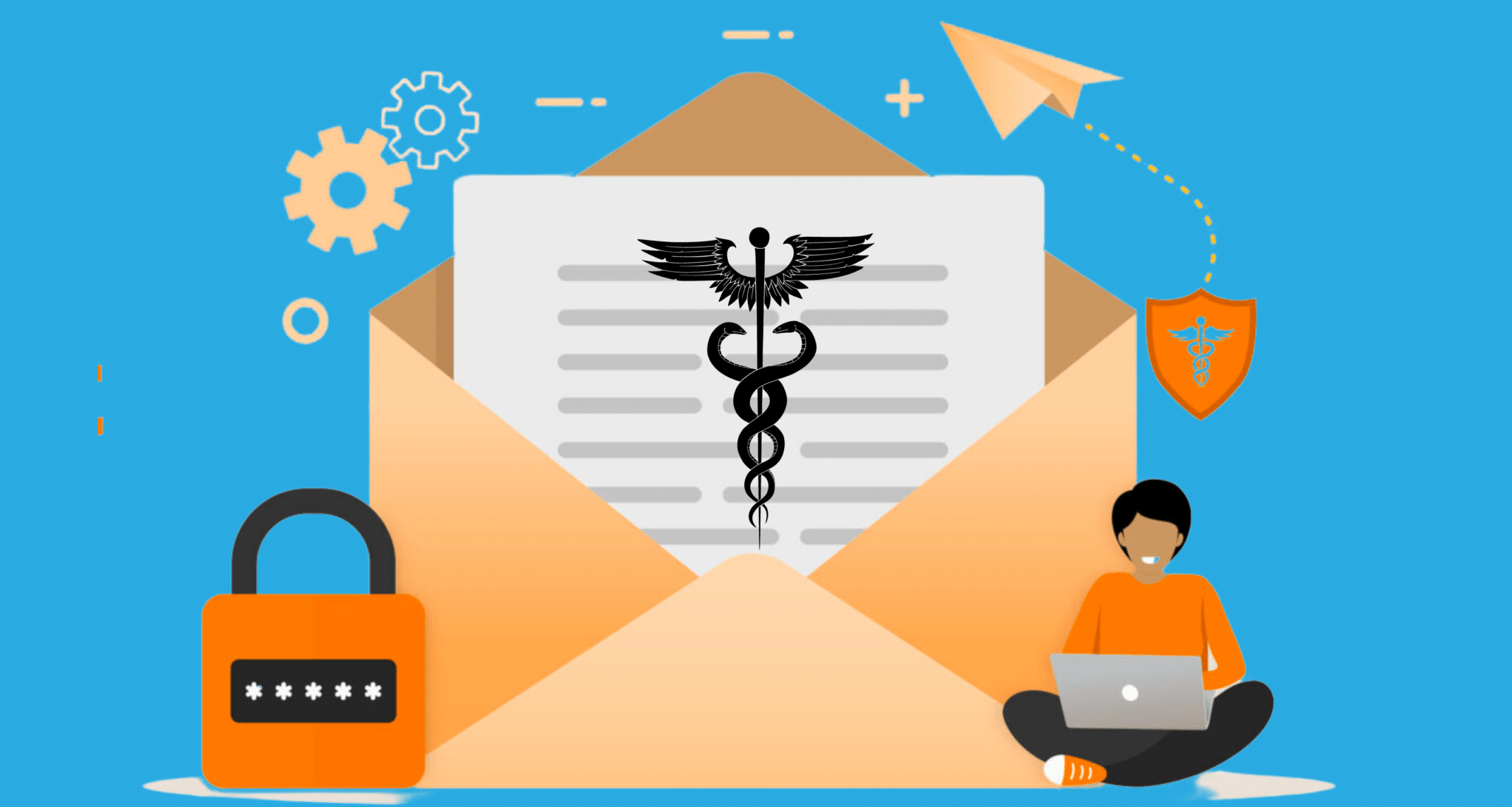Healthcare providers and organizations that handle patient information must abide by HIPAA (Health Insurance Portability and Accountability Act) regulations, mainly when using email for communication. Find answers to frequently asked questions about HIPAA compliant email to help properly understand and implement security measures.
What Is HIPAA Compliant Email?
HIPAA compliant email refers to an email communication system that meets specific HIPAA security requirements for safeguarding protected health information (PHI). These requirements make sure that any electronic communication involving PHI is secure, protected from unauthorized access, and aligned with HIPAA’s privacy and security rules. Key features of HIPAA compliant email include encryption, access controls, and documentation of proper agreements with service providers. These safeguards are necessary for organizations sharing sensitive information electronically.
Why Is Email Encryption Required for HIPAA Compliance?
Email encryption is one of the foundational requirements for HIPAA compliant communication. Encrypting an email means converting its content into unreadable code, accessible only to authorized recipients. This reduces the likelihood of unauthorized individuals accessing sensitive data during transmission.
HIPAA specifies that encryption must follow the National Institute of Standards and Technology (NIST) guidelines. While not explicitly mandated in every situation, strong encryption practices can significantly decrease risk and demonstrate compliance efforts. Organizations sending PHI via email must adopt encryption protocols for both emails in transit and at rest.
What Role Do Access Controls Play in HIPAA Compliance?
Access controls restrict who can send, receive, and view emails containing PHI. These controls make sure that only authorized individuals can access sensitive information, reducing the risks of unintended exposure or misuse. Access controls can include multi-factor authentication, role-based permissions, and secure login systems. Both email accounts and systems containing sensitive information must be regularly monitored and audited to maintain compliance.
What Are the Core Requirements for HIPAA-Compliant Email?
To meet HIPAA compliance standards for email, organizations must implement several measures, including:
- Encryption is used to protect data during transmission and storage.
- Access controls restrict email access to authorized individuals who can send, receive, or view emails containing PHI.
- Audit trails to track email activity, such as access history and email changes, including PHI.
- Data integrity controls that verify PHI has not been tampered with during transmission.
- Business Associate Agreements (BAAs) with email service providers to secure PHI legally and professionally.
What Is a Business Associate Agreement?
A Business Associate Agreement (BAA) is a legal contract required under HIPAA to protect sensitive health information. It is established between a covered entity and a business associate, outlining the responsibilities and safeguards for handling Protected Health Information (PHI). Business associates, such as email hosting companies, are third-party service providers that manage PHI on behalf of the covered entity.
Secure Your Patient Information Today
HIPAA compliant email is foundational for protecting patient information in a healthcare setting. Implementing encryption, using access controls, signing a Business Associate Agreement, and adhering to compliance requirements all contribute to secure email communication. Selecting the right service provider and maintaining internal policies are beneficial to achieving and maintaining compliance. Explore professional solutions designed for healthcare providers to secure your electronic communications further and stay aligned with HIPAA requirements.

